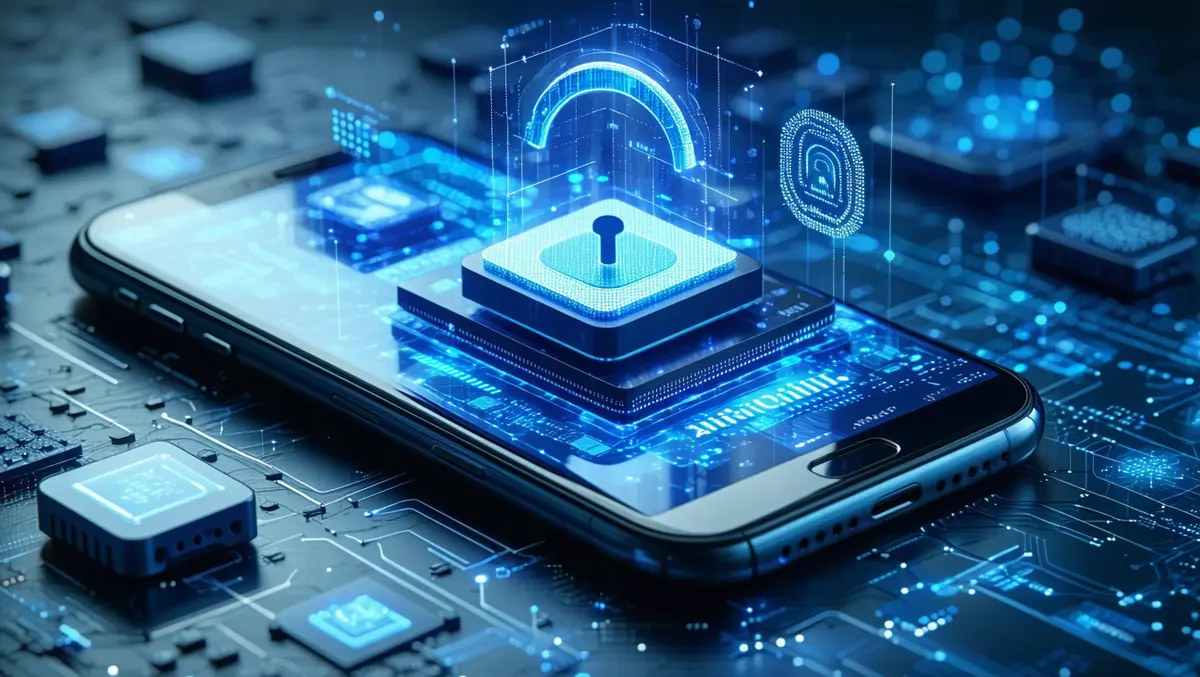
Samsung introduces quantum-proof tech in Galaxy S25 phones
Samsung Electronics is set to incorporate post-quantum cryptography (PQC) into its Galaxy S25 series, aimed at enhancing mobile security to protect against the emerging threats posed by quantum computing.
The South Korean technology giant is turning its attention to the future of digital security, recognising the transformative impact quantum computing could have across various industries. By leveraging the advanced capabilities of quantum computers, tasks that would previously take vast amounts of computing power can now be executed exponentially faster. Samsung cited applications such as optimising supply chains and enhancing transportation punctuality as examples of potential quantum computing benefits.
However, with these capabilities come significant security concerns, particularly regarding data protection. Quantum algorithms hold the potential to compromise traditional encryption methods, suggesting a pressing need to secure personal and corporate data. Samsung acknowledges the urgency of protecting information against "harvest now, decrypt later" threats, where attackers may gather data now, intending to decrypt it with future quantum solutions.
Samsung is developing post-quantum cryptography to maintain data security as quantum computing advances. The company adheres to guidelines from the National Institute of Standards and Technology (NIST), utilising the ML-KEM (Module-Lattice-Based Key-Encapsulation Mechanism) algorithm. This approach uses lattice-based mathematics to create complex encryption keys designed to deter even quantum computer attacks. As a result, secure communications between devices are bolstered, with robust protection afforded whilst optimising performance.
The NIST PQC standards cover a wide range of electronic protections, from private communications to online transactions. Samsung recognises these standards as crucial in safeguarding cloud data within a quantum computing environment.
Samsung is integrating its post-quantum Enhanced Data Protection (EDP) feature within Samsung Knox Matrix, their system for safeguarding connected device ecosystems. This offers end-to-end encryption for Samsung Cloud data during storage, restoration, and synchronisation processes. Incorporating PQC into the Knox Matrix framework adds a robust layer of security, especially to cloud-based data on mobile devices.
This security advancement applies to Samsung Cloud backups and synchronised data across phones, televisions, and digital appliances, now safeguarded by the new Galaxy S25 series under the One UI 7 platform.
In Samsung's view, "Preparing for potential threats is not an option but a necessity." Therefore, the release of the Galaxy S25 series, equipped with PQC technology, marks a significant step in mobile security. This development represents a significant industry milestone, as the Galaxy S25 becomes the first mobile device to incorporate such measures against potential quantum threats.
Samsung is committed to maintaining progress in mobile security, ensuring a connected world where users can interact confidently as the quantum computing era unfolds.


